A homemaker’s playbook for addressing the economic slowdown
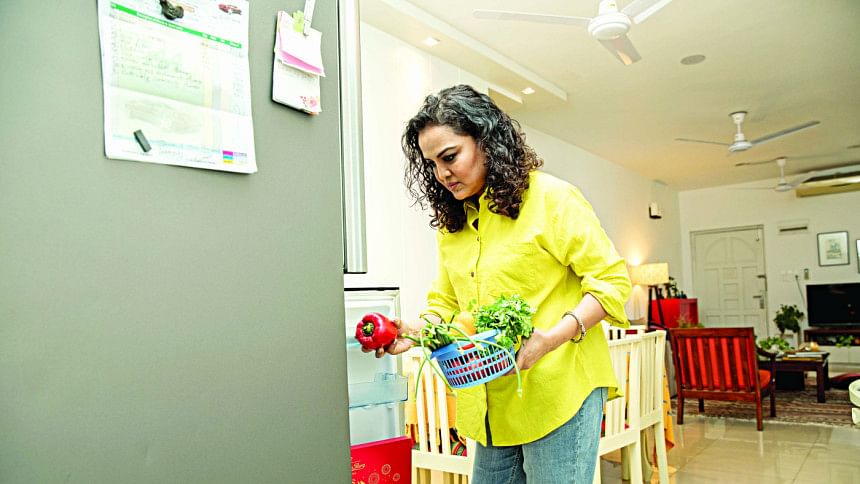
Bangladesh is going through a period of economic slowdown and this weakening of the economy will be looming large for the entire period of 2023.
With a price hike in almost all sectors like food, health, and fuel — it has become difficult for people with a stipulated income to prod through life without making any remedial changes in their living standards. The biggest problem for the common people now is inflation. It has increased the living cost and decreased the actual income.
Nasreen Sattar, former CEO, Standard Chartered Bank, Afghanistan, however, feels that our country is not going through a recession.
"Recession is when a country has two consecutive negative annual GDP growths and Bangladesh did not go through that. True, there has been an economic slowdown. The GDP was 7.5 per cent last year and this year, the government is forecasting 5.5 per cent, a definite decline," said Nasreen Sattar.
She added, "We must remember that Covid-19 created historical havoc. During this period, like all other countries, the Bangladeshi economy was on a low key. Post Covid-19 pandemic, the demand for goods massively jumped up, but the supply lines could not match up to it, resulting in a general price hike. The government's efforts at directly selling commodities to the lower income groups were of some help, but not sufficient to cover the entire effective population."
The price hike of imported essentials has made it challenging for middle- and lower-income groups to balance their family budget. It is inevitable that soon, our surplus earnings will decline and we will have to make major changes in our lifestyle to cope with the situation.
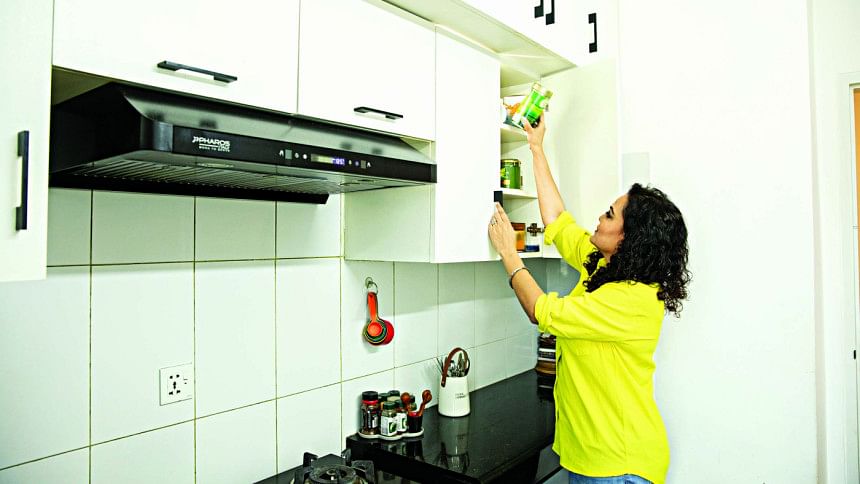
In theory, figures in our monthly notebook or 'masher hishaber khaata' seem to make sense: If we ease the pressure by cutting down on expenditure, we shall be okay. Life at ground zero is, however, not about accounts only; many unseen overheads and expenditures need to be taken into consideration and this is the reality.
The math works out as long as the homemaker's playbook is concerned. In real terms, to solve the math of your monthly budget and expenditure, it will take enormous willpower and tenacity to strictly stick to the don'ts and make everything fall into place.
Price hike of daily necessities
Supriya Chowdhury is in her mid-50s and works in a senior position at a local NGO. She is at her wit's end trying to balance her monthly income and expenditure.
"Today, I bought a kilogramme of beef mince or keema from the local butcher down the street and paid Tk 900 for it. Baby chickens are almost out of the market and even if you get them, they are Tk 350 apiece. Prices of vegetables are not any better either; I buy vegetables for Tk 1,000 on weekends and it does not carry past the week. Seasonal vegetables like cauliflower are Tk 40 and tomato is Tk 100 a kg," she said.
Chowdhury added, "If I am to prepare a six-piece Rui fish curry with cauliflowers and tomatoes, the curry would cost me Tk 20 for half the cauliflower, Tk 25 for 250g of tomatoes and six pieces medium-sized Rui fish for Tk 360/ kg. The cost of this fish curry comes to around Tk 400 at home and I am not counting the spices and oil to go with it. The curry is for lunch with steamed rice and daal as sides — a simple meal and I had to forego leafy vegetables and other items to keep it within limits!"
Even for higher-income families like that of Chowdhury, budgeting no longer holds the fort; they are becoming tighter by the day.
Food is not the only expenditure of a family
Health, education, utility bills, home maintenance, pets, service help, cars, and most importantly, maintaining elderly parents are just some of the recurring costs that almost every homemaker is trying to adjust to during this economic slowdown.
"A family is built on layers and layers of socio-economical needs and wants and nuances. We cannot circumvent any section or else the code of family living will crumble," said Supriya Chowdhury.
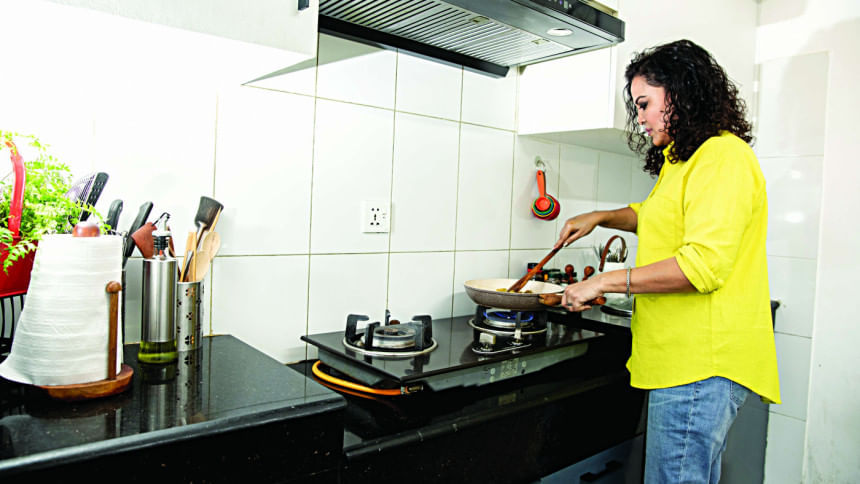
She talks about the monthly bills for prescribed medicines for her husband, her elderly mother, and herself, the amount comes to a staggering Tk 18,000 per month now, which saw a Tk 3,000 rise after the Covid-19 pandemic.
Doctor's bills and diagnostics tests have seen a rise too.
"If you just count the price of octane and calculate the monthly transport fare, you might find some answers to this high cost of living. I pay Tk 6,000 for five days of octane (if I only commute to work and home), which is the adjusted price from my initial Tk 4,000.
"Similarly, diesel prices are up and farming prices and transportation of farm products are high, directly impacting my fish curry," Chowdhury contemplates.
The probable solutions
When the inflation rate goes up, prices of commodities surge automatically, and the middle-class and lower-income groups suffer the most. Not everyone has surplus earnings, and even that will decline and we have to make major changes in our lifestyle to cope with the current situation. We as individuals must know our financial status and act accordingly. We are going through a critical time and we need to live within our means and not get caught up with 'Keeping up with the Joneses.' That is key!
You cannot run life and live within a tight budget day after day. You do tend to loosen the grip once or twice a month and that's when you fail to work out the equation of your salary versus your living standard.
So, the rejoinder to the inflated living cost of current times is to trim the fat as much to stay afloat. Live wisely, tighten your grip on maintaining the budget, and in case of extreme difficulty, use the savings wisely. It is not always that you face an economic slowdown but when you do, you must compromise on things you can do without to stay buoyant and plan ahead.
Nasreen Sattar shares some tips on how we can balance the income vs expenditure spreadsheet —
We know that it is difficult to compromise on families' food and nutrition needs. Frugality can be achieved by looking for bargains while shopping. Fancy food like imported snacks and soft drinks can be eliminated from our day-to-day needs. We need to cut down on online shopping which, for some people, has become an addiction.
Cut down on your household expenses such as the use of electricity, gas, and fuel in case you own a car etc.
A special account needs to be opened to keep the education fund separate, as we cannot compromise on children's education. We can keep this fund afloat by cutting down on spending which we can do without.
Dining in expensive restaurants or even entertaining lavishly at home are major expenditures. One will be surprised as to how much can be saved by cutting down on those. This saving can go towards a fund for family emergencies.
Air travel for holidays has to be reduced to a minimum level because of the high increase in airfares.
Try and save investments such as Fixed Deposits and/or sanchayapatra. Do not encash them unless the situation is critical. Live off your salaries and the interest return from your investments.

 For all latest news, follow The Daily Star's Google News channel.
For all latest news, follow The Daily Star's Google News channel. 

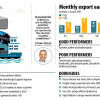


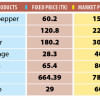



Comments